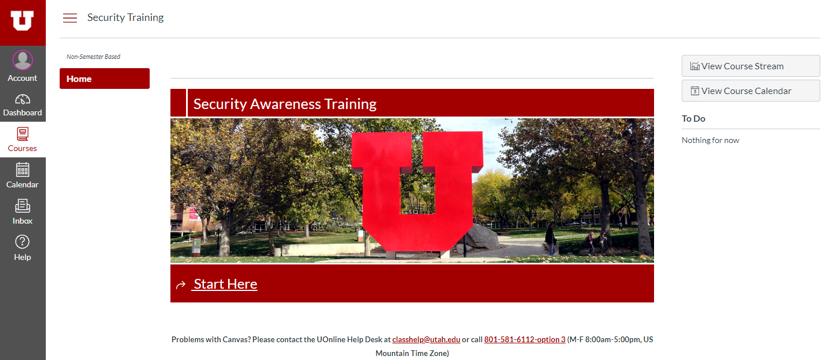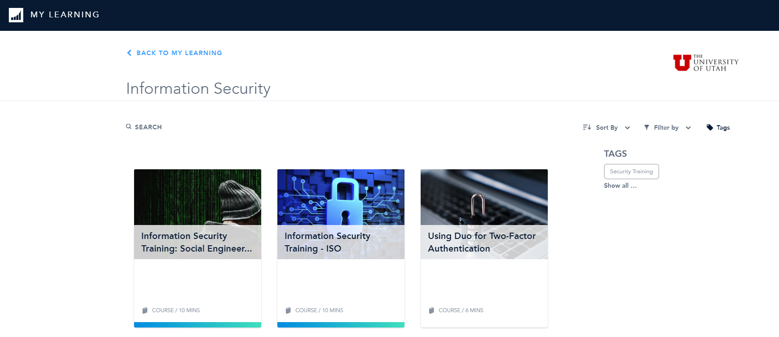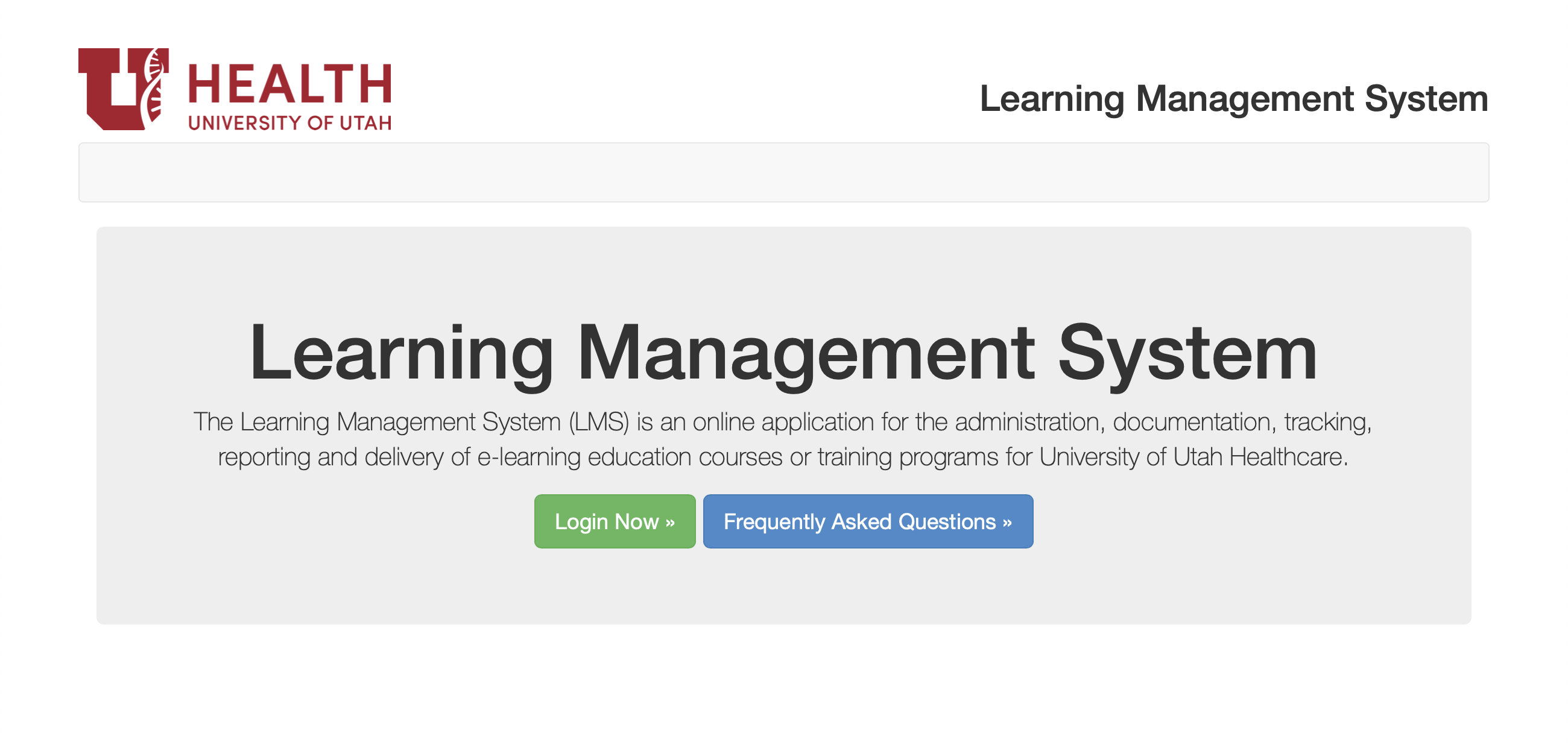The strongest line of defense against cyberthreats
You’re accessing archived content
This is archived content from the UIT website. Information may be outdated, and links may no longer function. Please contact stratcomm@it.utah.edu if you have any questions about archived content.
Have you ever received a suspicious email with an unknown link or a PDF attached? Do you postpone system updates on your devices and apps? Is your cellphone set up to connect to public Wi-Fi automatically?
Although the internet is a large part of our everyday lives, for most people, cybersecurity rarely registers on our radar. This leaves us susceptible to cyberthreats and exploitation.
While normal human error can make us the weakest link in cybersecurity, we can also be the strongest line of defense.
Already, many U employees and students report malicious emails and attacks to the Information Security Office (ISO), and it’s with your knowledge and awareness that our security team is able to respond to these online threats.
Phishing campaigns and other cyberthreats, however, are not always obvious. That’s why ISO offers U students, faculty, and staff various cybersecurity courses. Not only does such training help you own, secure, and protect your digital profile and devices, it helps create a security-focused culture and increase compliance at the university.
And we could all use that peace of mind.
Canvas

The security awareness course available in Canvas (login required) is open to U students, faculty, and staff (campus and hospital). This training provides information on secure ways to connect to the internet, avoid scams, create strong passwords, and use social media safely.
Bridge (now LearningHub)

Faculty and staff also can take cybersecurity training through Bridge (now LearningHub), the campus employee learning management system (login required). Courses include information about the acceptable use of university resources, social engineering, managing restricted and sensitive data, and keeping your computer and environment secure.
U of U Health LMS
 Hospital and clinic employees can take additional cybersecurity training through the
University of Utah Health Learning Management System (login required).
Hospital and clinic employees can take additional cybersecurity training through the
University of Utah Health Learning Management System (login required).
Additional resources
- Check out ISO's security training website for cybersecurity and scam safety tips, IT guides, and IT resources
- The National Cyber Security Alliance website provides information on how to report cybercrimes, identify theft and fraud, manage your privacy, and much more
- The #BeCyberSmart and Stop. Think. Connect. campaigns by the U.S. Department of Homeland Security offer videos and lessons on cybersecurity basics, scams, and inspiration on using the internet safely and responsibly




